Posted on December 11, 2009
by Global Washington intern, Pat Orozco
Writer Joel Connelly’s biggest takeaway from Global Washington’s first annual conference: “Helpers often need to take a back seat to those they are helping.” He cites several speakers and panelists from over 300 conference attendees, leaders in the global development field, who underscore that “local buy-in” is crucial for successful development, particularly efforts to combat poverty by empowering women and girls.
Connelly highlights panelist Margaret Willson of Bahia Street, a successful school for girls in impoverished Brazil, who makes clear that the organization’s record—12 alumna placed in Brazilian colleges and not a single unexpected pregnancy among its girls—is credited completely to the local African Brazilian women who run it. “It’s following their road map, not ours.”
Also “underscoring the Monday conference was a reality of local life: Seattle is an international city, and Washington is a state that looks outward.” Connelly points out that by thinking and acting locally and globally, the state is widely recognized for its contributions to the global development field. He quotes Mark Emmert, president of the University of Washington, who said students today dream about having “impact on a global scale” in a way that Baby Boomers “used to think about on a national scale.”
For the full blog post, check it out here.
Posted on December 8, 2009
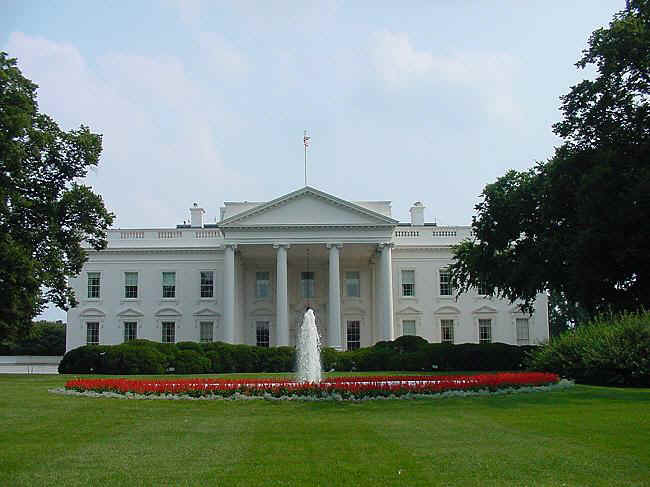 MFAN, the modernizing foreign assistance network, is circulating a petition for a global development strategy to give development a strong voice in foreign policy decisions. They already have collected over 30,000 signatures- let’s help them reach their goal of 50,000 signatures by December 22nd!
MFAN, the modernizing foreign assistance network, is circulating a petition for a global development strategy to give development a strong voice in foreign policy decisions. They already have collected over 30,000 signatures- let’s help them reach their goal of 50,000 signatures by December 22nd!
Right now, President Obama and his senior White House advisors are preparing recommendations that will shape the future of U.S. efforts to alleviate poverty, fight disease, and create economic opportunity for the world’s poorest people. Your voice needs to be heard in this debate! Sign the first-ever development community petition asking the White House to send a strong signal about America’s commitment to development.
Sign the petition here.
Posted on December 7, 2009
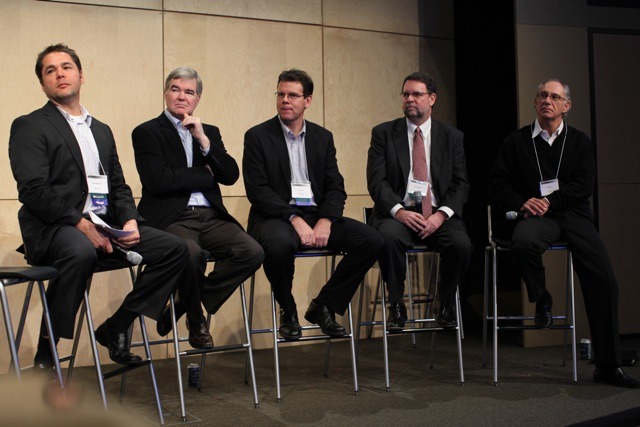
The panel on Building Partnerships for Development brought together members from the public, private, and non-profit sectors. The panelists included President Elson Floyd of Washington State University, President Mark Emmert of the University of Washington, Mike Veitenhans of World Vision, Kris Balderston of the U.S. State Department, John Beale of VillageReach, and Gary Kotzen from Costco. The panel discussed both the success and challenges of building development partnerships.
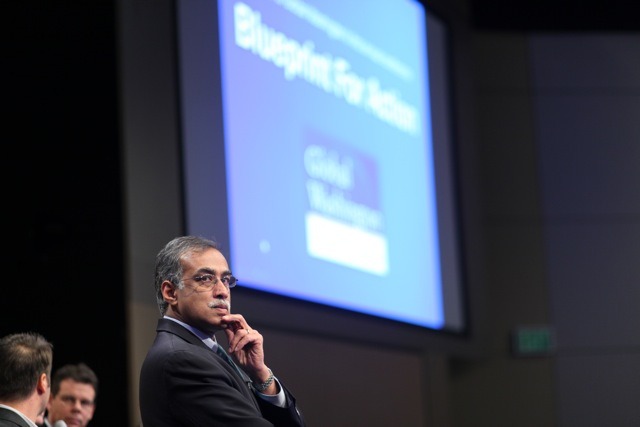
One success mentioned was Costco’s ability to develop and bring the limited resource commodities of developing economies to market at Costco. For instance, the majority of the world’s supply of vanilla comes from Madagascar and Costco is able to mobilize local vanilla farmers to sell directly through Costco without middlemen. Through the shear leverage of Costco’s size, the co-op is able to purchase the vanilla at a higher price from the farmers and sell directly to its customers at a lower price. Gary Kotzen made the case for private sector involvement in development by explaining that Costco can only grow its business by helping to grow the communities and local businesses that create these limited resource commodities.
John Beale, of the non-profit VillageReach, offered an effective strategy to ensure continuing funding for non-profit aid work despite the recent 40% decrease in public donor-ship. He explained, by partnering with businesses, non-profits can continue to do their work when funding dries up.
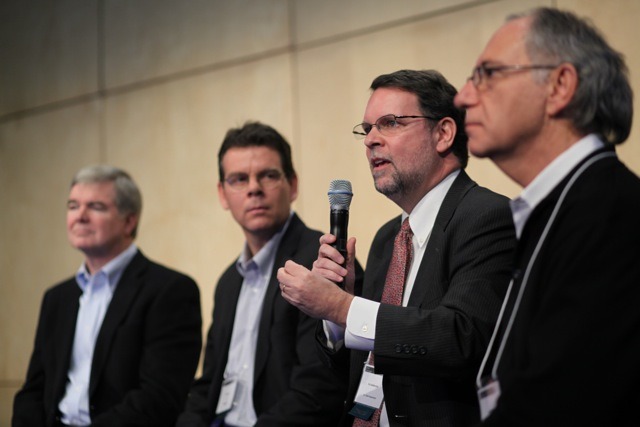
Panelists also had to address the hard-hitting question, “If all of your strategies are working, then why are people still hungry? Where are the breakdowns?” President Emmert explained that many of the development challenges we face are a problem of scale. He explained, “people get passionate about the solutions and not the problems. People are committed to their one solution but there needs to be honesty about scale. We need to determine, what is scalable and what is not?”
One member of the audience asked with frustration, “Why are we not empowering people in their own countries to build the products they need, like mosquito nets and vaccine kits?” Mike Veitenhans of World Vision explained that in many situations, the resources necessary for manufacturing these products aren’t always readily available in country. While John Beale of VillageReach commented that the real issue is that due to geographical location remote communities do not have the capabilities to manufacture these products at prices that the world can afford.
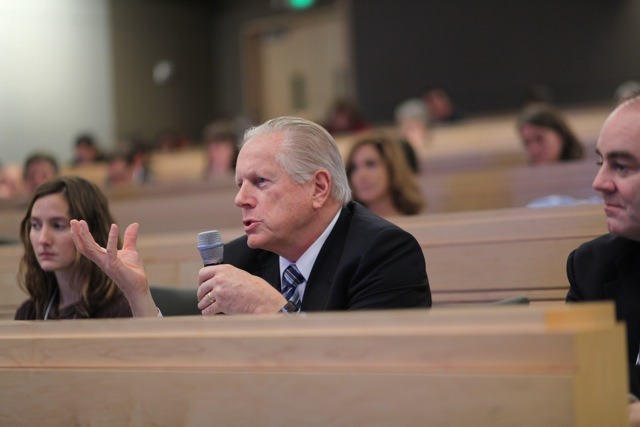
In closing, the panelists offered hopes for what they wanted to see in the next three years. Among these hopes were changing public sector culture to engage more external participants in development, building capacity in communities through local ownership, and making financing readily available for businesses in developing countries.
Writing by Nina Carduner
Photography by Nancy LeVine
 MFAN, the
MFAN, the 


